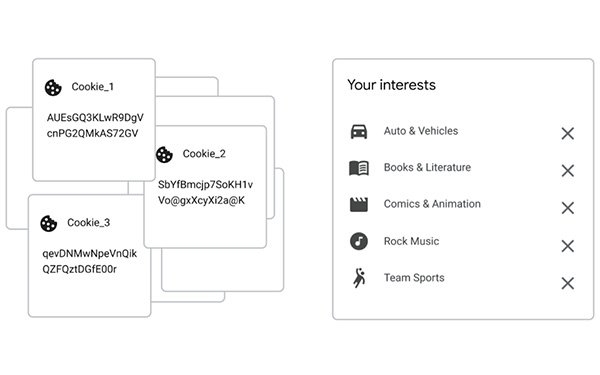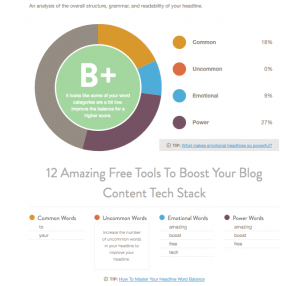Google Introduces Topics For Targeting, Kills Off FLoC

Google plans to replace Federated Learning of Cohorts (FLoC) with interest-based targeting it calls Topics.
The Topics API will determine and select topics of interest based on the user’s previous three weeks of browsing history. It will not use external servers, and will share those topics with participating sites, Google announced Tuesday.
The company said it will run a trial in Chrome that will include user controls and privacy measures.
The controls will enable users to view topics that Google associates with them. Users will have the option to remove the topics or disable the Topics feature. Topics — about 300 to start — will exclude potentially sensitive categories such as race and sexual orientation.
Google will base the final product with user controls on trials and feedback.
The Chrome browser will determine the topics such as Fitness, Transportation, or Travel, which represent the interests of the person searching for information. The topics are kept for three weeks and then deleted.
Unlike FLoC, the Topics API does not group users into cohorts. “When you visit a participating site, Topics picks just three topics, one topic from each of the past three weeks, to share with the site and its advertising partners,” Vinay Goel, product director of Privacy Sandbox and Chrome, wrote in a post.
“Google’s grip on the advertising industry is viable and while this continued collaboration between Google and our industry is welcomed, we still see value in the open web and will continue to support its wide range of players,” said Sheri Bachstein, CEO of The Weather Company, and GM of IBM Watson.
Not all agree with Google’s decision. “This type of capability hearkens to contextual advertising techniques circa 2005, Mike Woosley, Lotame COO, wrote in an email to Search & Performance Marketing Daily. “Unfortunately, the technology as described would be grossly insufficient for the needs of the vast majority of modern marketers who require detailed personas to determine marketing voice, segment customers, measure brand affinity, and tune marketing for complex products like insurance with very detailed segmentations.”
He wrote that even the difference between the keywords “Sports” and “Hockey” can be the difference between worthless and worthwhile for digital marketers. The latter category might just be 3% to 4% of the traffic in the former.
“Google could never survive relying on such basic tools for authenticated traffic, and to bequeath it to the rest of the world borders on insulting for most of the digital media industry,” Woosley wrote.
Alistair Goodman, CEO at Ericsson Emodo, believes the deprecation of IDs and the proliferation of global privacy regulations resurrected the importance of contextual targeting.
Mel Bessaha, senior vice president, demand at Connatix, said the industry must continue to test contextual alternatives to identify a successful option when cookies are no longer an option to fall back on.
Google explains in a detailed note that not “every API caller will receive a topic. Only callers that observed the user visit a site about the topic in question within the past three weeks can receive the topic. If the caller (specifically the site of the calling context) did not call the API in the past for that user on a site about that topic, then the topic will not be included in the array returned by the API.”
Google says this is to prevent the direct dissemination of user information to more parties than the technology that the API is replacing (third-party cookies).”
(18)






